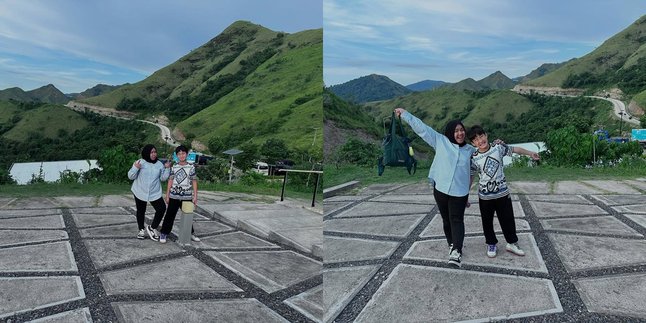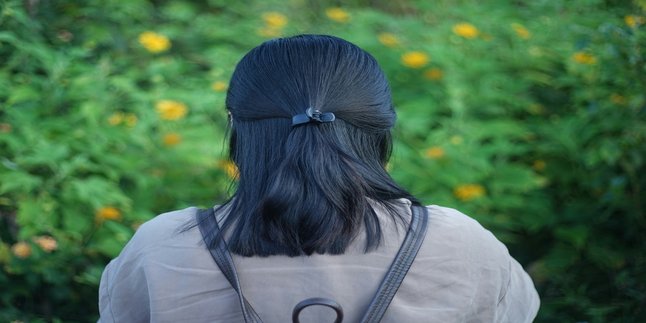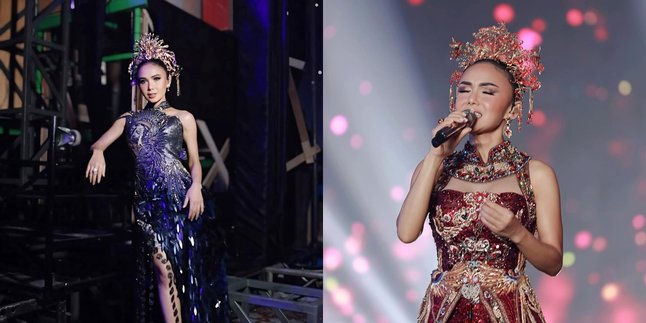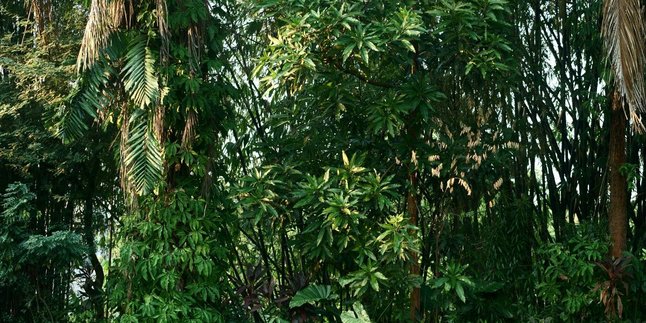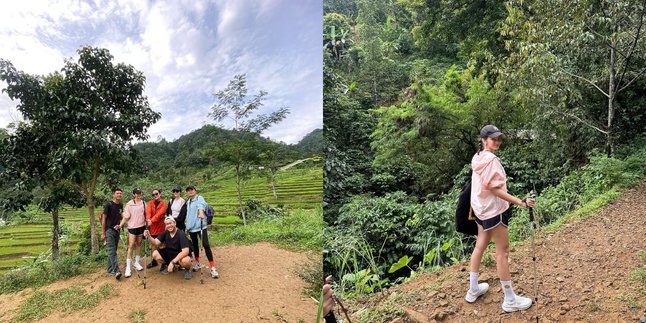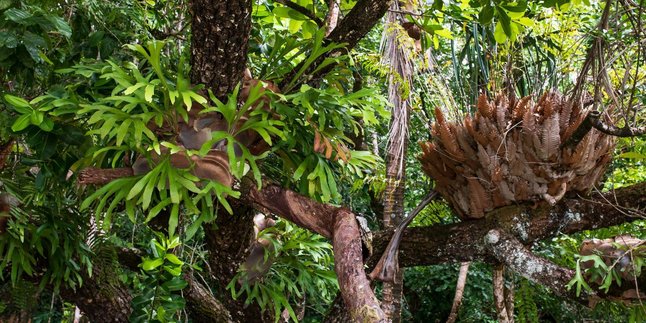Kapanlagi.com - As the holy month of Ramadan draws near, the Javanese community welcomes it with a tradition full of meaning and beauty, namely Gugur Gunung. This tradition is not just an ordinary routine, but a ritual rich in spiritual values. In Gugur Gunung, residents gather in a communal effort to clean the graves of their ancestors, an activity that usually takes place a few weeks before Ramadan, specifically in the month of Ruwah (Sha'ban).
However, Gugur Gunung is more than just cleaning the cemetery area. This tradition is a profound expression of respect for the ancestors, while also serving as a precious moment to strengthen spiritual ties with family. Additionally, this activity functions as a bridge to enhance social ties among residents, as well as to preserve Javanese culture and customs that have been passed down from generation to generation.
By involving many people, Gugur Gunung creates a strong sense of togetherness within the community. Each individual contributes selflessly, united in a noble goal: to maintain the honor and cleanliness of the ancestors' graves. Let us explore deeper into the beauty and meaning of this Gugur Gunung tradition!
1. The Meaning and Purpose of the Gugur Gunung Tradition
The Gugur Gunung tradition is not merely a ritual, but a celebration rich in meaning and interconnected purposes. In a spiritual dimension, cleaning graves serves as an act of devotion and respect for ancestors, accompanied by communal prayers that connect the souls of the current generation with those who have passed away.
On a social level, this activity fosters a strong sense of togetherness, where community members help each other, not only to maintain cleanliness but also to strengthen bonds of friendship and build harmonious relationships among neighbors. Meanwhile, from a cultural perspective, Gugur Gunung plays an important role in preserving Javanese customs that have been passed down from generation to generation, reflecting the identity of the Javanese people who hold deep respect for their ancestors and the surrounding environment.
2. Implementation of the Gugur Gunung Tradition
The Gugur Gunung tradition, usually held a few weeks before Ramadan, becomes a special moment for the Javanese community. During this activity, residents gather to clean the cemetery area from grass and trash, as well as to improve the condition of the graves to make them look tidier.
After the cleaning, they continue with communal prayers or tahlil, praying for the souls of the ancestors who have passed away. Not only that, this event is often concluded with a communal meal, where sharing food becomes a symbol of togetherness and an expression of gratitude for the blessings received. From Pacitan to Gunungkidul, this tradition unites various regions with the spirit of mutual cooperation in the lead-up to the holy month of Ramadan.
3. Diversity of Traditions Leading Up to Ramadan in Indonesia
As Ramadan approaches, Indonesia is not only known for the tradition of Gugur Gunung but also rich in various unique rituals in different regions, one of which is Munggahan. Derived from the word 'munggah' which means to ascend, this tradition is preserved by the Sundanese people in West Java and is usually held one or two days before the holy month arrives.
Munggahan becomes a special moment for purification, both physically and spiritually, before undertaking the fasting worship. In a warm atmosphere, residents gather to forgive each other and share dishes, symbolizing close togetherness. The diversity of this tradition not only enriches Indonesia's cultural heritage but also emphasizes the importance of social values in community life.
4. Positive Values of Gugur Gunung
Mutual Cooperation:
The value of mutual cooperation is the essence of the Gugur Gunung tradition. This is reflected in the active participation of the entire community to work together for the common good. Everyone contributes, whether through labor, ideas, or materials, to achieve the same goal. Mutual cooperation teaches the importance of helping each other, working shoulder to shoulder, and lightening the burden together.
Togetherness and Solidarity:
Gugur Gunung is a moment when people from various backgrounds come together and collaborate. This strengthens the bonds of friendship, removes social barriers, and fosters a sense of togetherness. Solidarity arises when the community feels they share a common goal and support each other in achieving it.
Environmental Awareness:
This tradition teaches the importance of maintaining cleanliness and environmental sustainability. By cleaning the environment together, the community becomes more aware of the positive impact of a clean and healthy environment. This concern also includes efforts to care for public facilities and maintain the beauty of the village.
Social Responsibility:
Gugur Gunung fosters a sense of social responsibility in every individual. The community feels a duty to contribute to the welfare and comfort of the environment in which they live. This responsibility is not limited to physical cleanliness but also extends to social harmony and collective security.
Cultural Preservation:
Gugur Gunung is a cultural heritage that needs to be preserved. By carrying out this tradition, the community helps to maintain their cultural identity and pass on noble values to the younger generation.
Spirituality and Self-Preparation:
Especially in the context of welcoming Ramadan, Gugur Gunung has a spiritual dimension. Activities to clean the environment can be interpreted as a symbol of cleansing oneself from negative things, so that the community is ready to welcome the holy month with a pure heart and clear mind.
5. Questions and Answers About the Gugur Gunung Tradition
What is the Gugur Gunung tradition?
The Gugur Gunung tradition is a communal ritual to clean the graves of ancestors, typically performed by the Javanese community before Ramadan.
When is the Gugur Gunung tradition usually held?
This tradition is usually held a few weeks before Ramadan, often in the month of Ruwah (Sha'ban).
Where is the Gugur Gunung tradition practiced?
This tradition is practiced in various regions in Java, such as Pacitan, Malang, Temanggung, Ngawi, and Gunungkidul.
What activities are carried out in the Gugur Gunung tradition?
Activities include cleaning the graves, communal prayers, and sharing meals together.
6.
(kpl/mni)
Disclaimer: This translation from Bahasa Indonesia to English has been generated by Artificial Intelligence.


